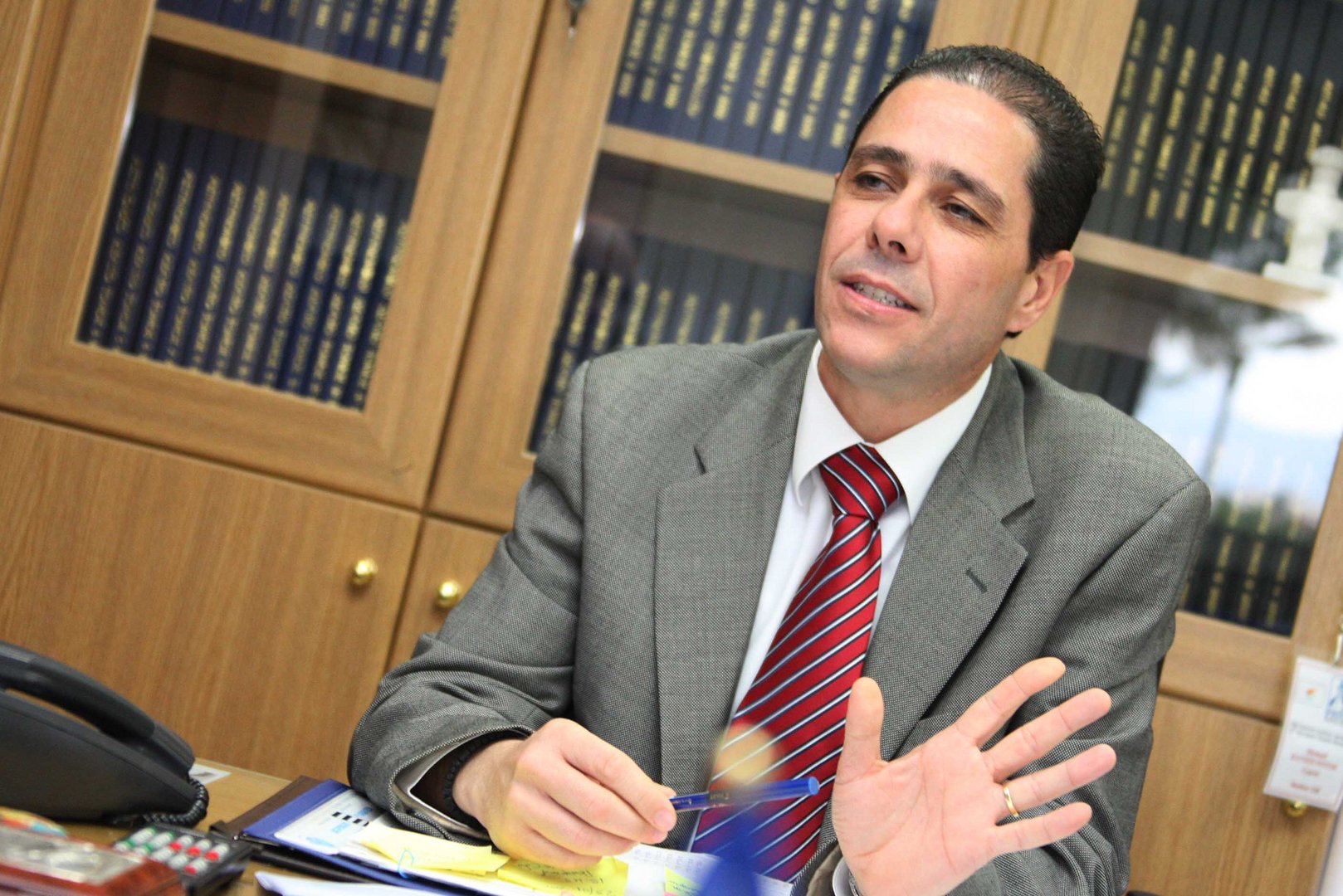Michalis Katsounotos was on Thursday among three people named as the police’s assistant chiefs.
He was appointed to the role alongside Ioannis Mavrochannas and Marios Ayiotis, with the appointments made a week after Justice Minister Marios Hartsiotis announced that such appointments would be made.
Katsounotos had been an object of controversy in recent years, having refused to speak to the anti-corruption authority after being called on by them as part of an investigation into deputy attorney-general Savvas Angelides’ alleged conflicts of interests.
At the time, the legal experts, two British barristers and one Cypriot lawyer, suggested that Katsounotos’ refusal to speak may have made him criminally liable, but the legal service refused to initiate proceedings against him.
This incensed the anti-corruption authority.
“After studying the report submitted by the legal experts it had been appointed, the authority has come to the conclusion that a police officer who had been called as a witness in the process disobeyed the provisions of the legislation,” they said.
“The relevant laws impose an obligation on any person who receives a summons to appear either before the authority itself or before appointed inspectors, not only to attend, but to answer all the questions put to them.
“There is only one caveat to this obligation: a witness may choose not to answer any question which may incriminate them. Violation of this obligation is a criminal offence,” they added.
In reaction to this, they said they had transferred the file to attorney-general George Savvides “with a recommendation that a criminal investigation be conducted with a view to a possible criminal prosecution” of Katsounotos.
However, they said, Savvides had declined their request, saying Katsounotos had the right to remain silent.
Later, anti-corruption authority head Harris Poyiadjis was invited to speak at the House ethics committee, saying his authority is “suffering” due to the incident and the lack of prosecution, adding, “we are not performing an interrogation, but an investigation.”
“If we give him the right to remain silent when the law says he has to answer, what will the investigating officer tell him?” he asked, saying that such a set of circumstances would cause confusion among those questions.
“The only right he has is to not answer questions which would incriminate him,” he added.
“He cannot come and say he will not answer any questions. Therefore, we are expressing this concern because if suspects are found in future and we ask for their criminal prosecution, the attorney-general with this attitude will tell us their constitutional rights have not been respected and he will stop proceedings.”
With this in mind, he said there is a need for a “compliance mechanism” in such proceedings regarding the legal service, explaining that his authority is able to register private criminal cases but only for disobedience of provisions of the law.
At the time, MP Alexandra Attalides expressed her surprise at the attorney-general’s claim that his decision to not prosecute Katsounotos was “in the public interest”.
She called for the Anti-Corruption Authority to be given the power to carry out its own independent investigations, saying such a bill had been tabled in 2022 but had not yet been discussed.






Click here to change your cookie preferences